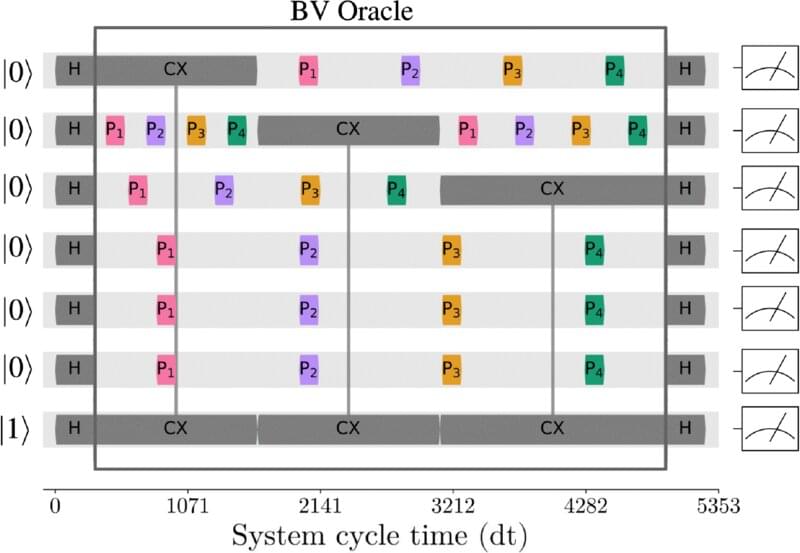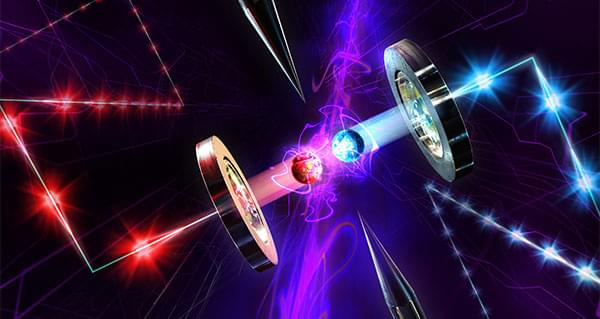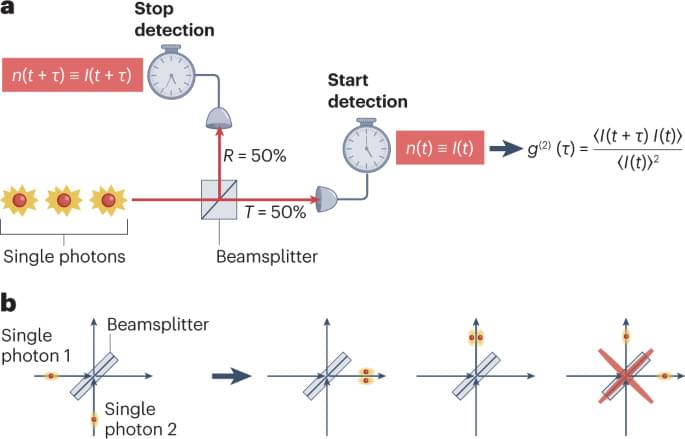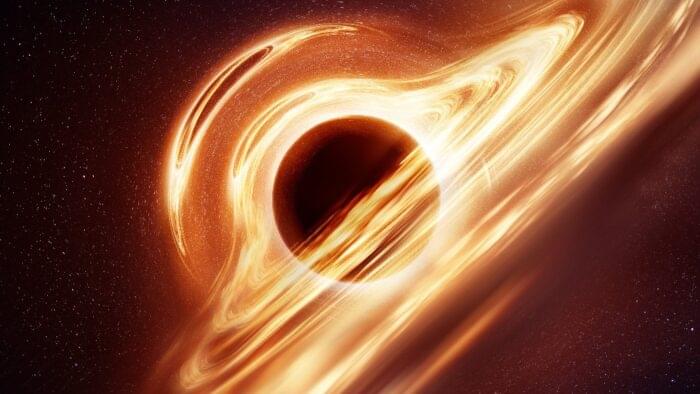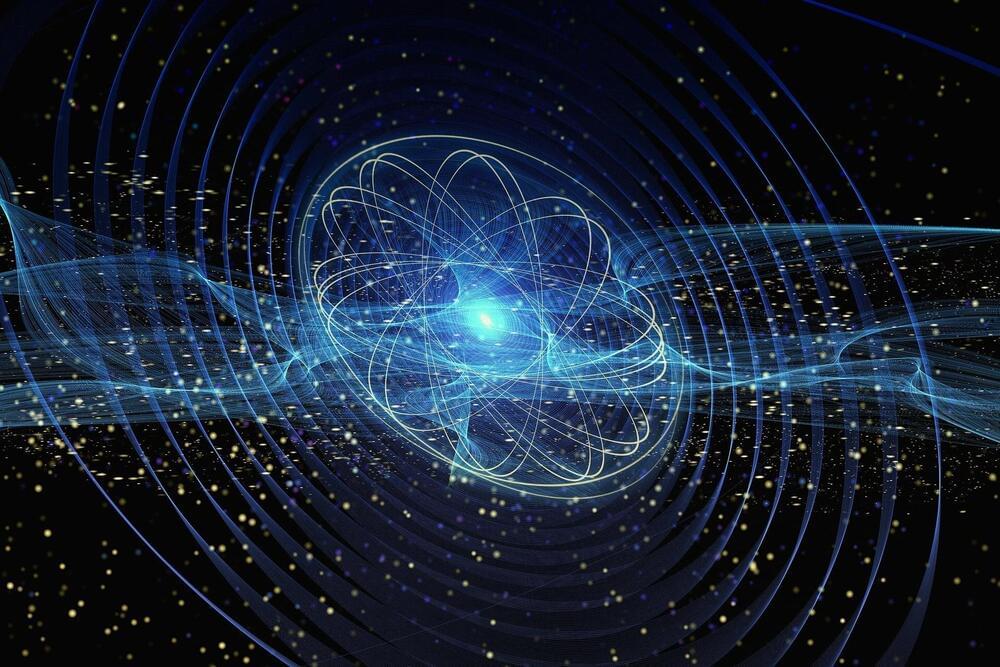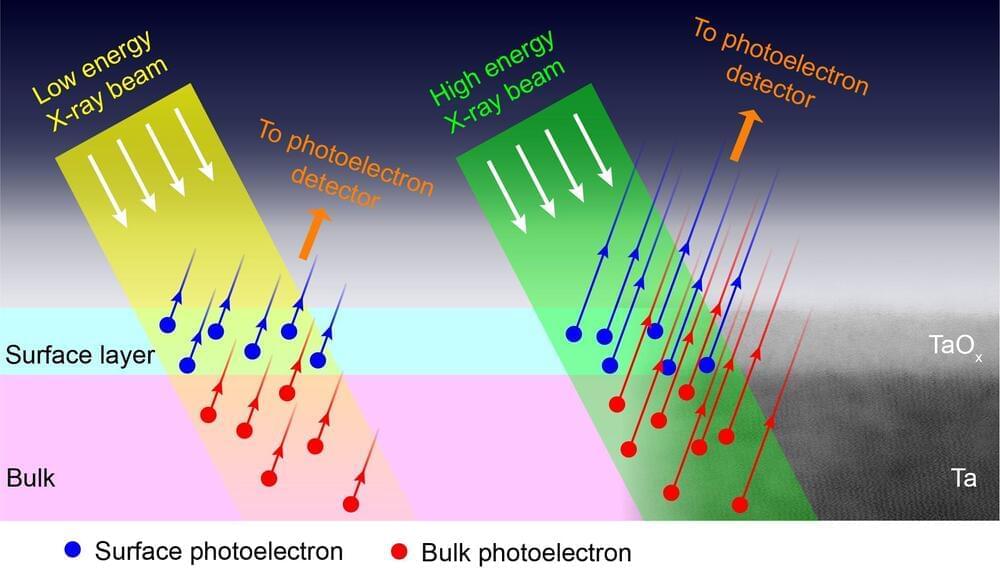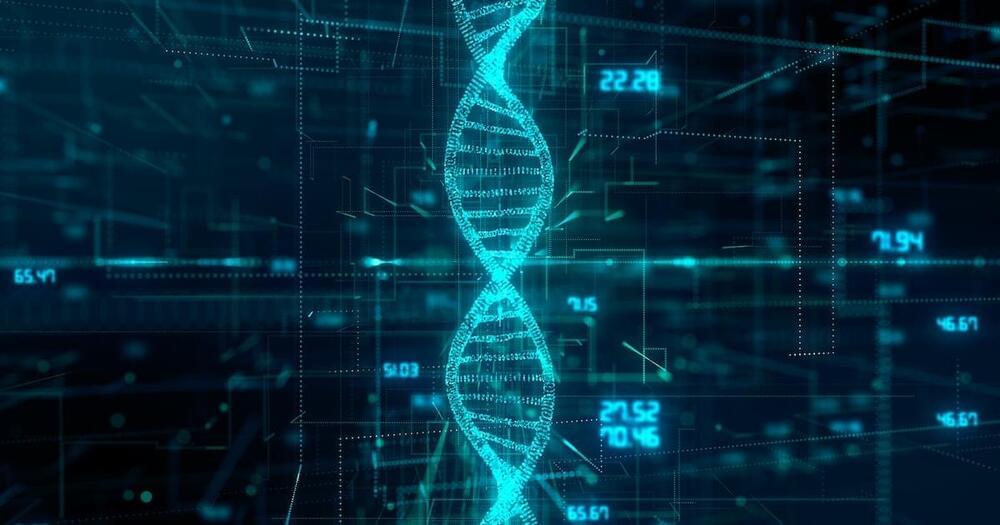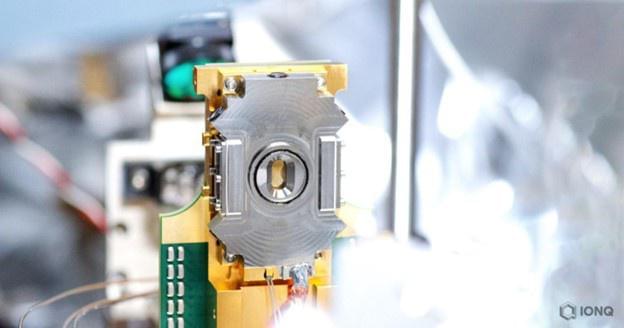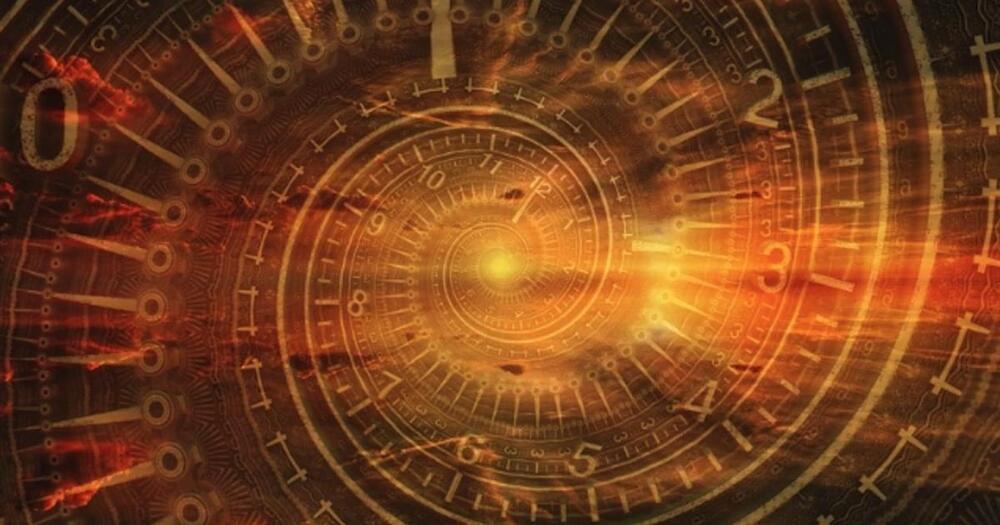Daniel Lidar, the Viterbi Professor of Engineering at USC and Director of the USC Center for Quantum Information Science & Technology, and Dr. Bibek Pokharel, a Research Scientist at IBM Quantum, have achieved a quantum speedup advantage in the context of a “bitstring guessing game.” They managed strings up to 26 bits long, significantly larger than previously possible, by effectively suppressing errors typically seen at this scale. (A bit is a binary number that is either zero or one). Their paper is published in the journal Physical Review Letters.
Quantum computers promise to solve certain problems with an advantage that increases as the problems increase in complexity. However, they are also highly prone to errors, or noise. The challenge, says Lidar, is “to obtain an advantage in the real world where today’s quantum computers are still ‘noisy.’” This noise-prone condition of current quantum computing is termed the “NISQ” (Noisy Intermediate-Scale Quantum) era, a term adapted from the RISC architecture used to describe classical computing devices. Thus, any present demonstration of quantum speed advantage necessitates noise reduction.
The more unknown variables a problem has, the harder it usually is for a computer to solve. Scholars can evaluate a computer’s performance by playing a type of game with it to see how quickly an algorithm can guess hidden information. For instance, imagine a version of the TV game Jeopardy, where contestants take turns guessing a secret word of known length, one whole word at a time. The host reveals only one correct letter for each guessed word before changing the secret word randomly.
